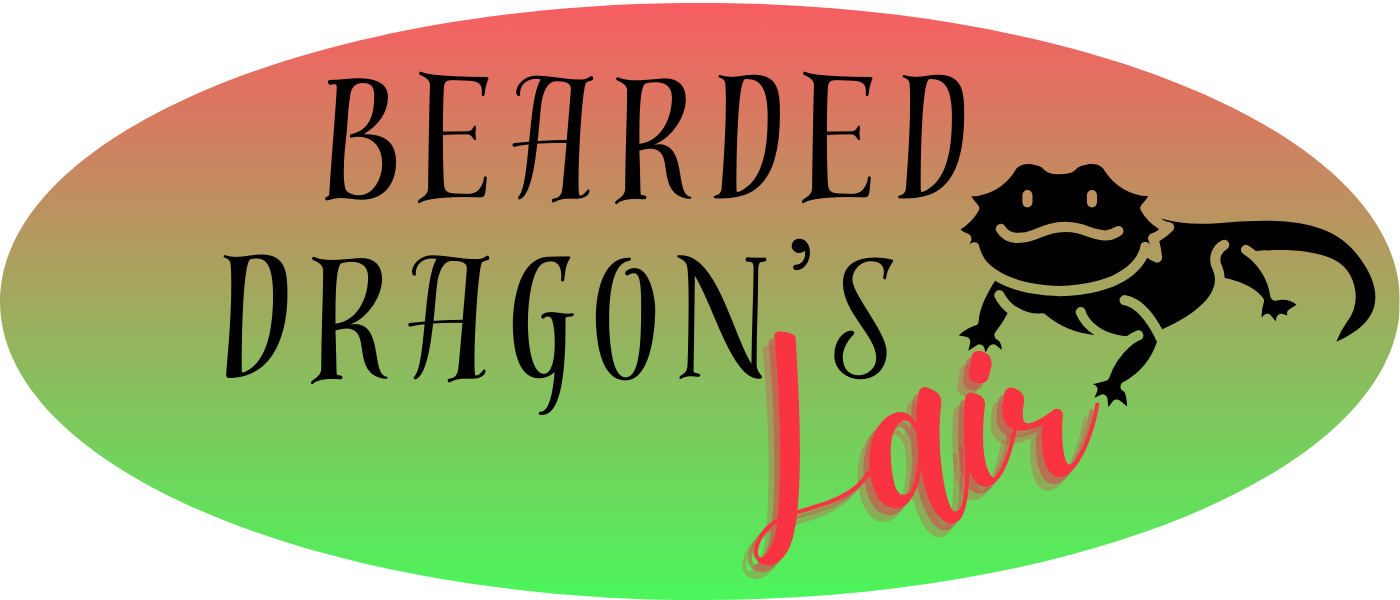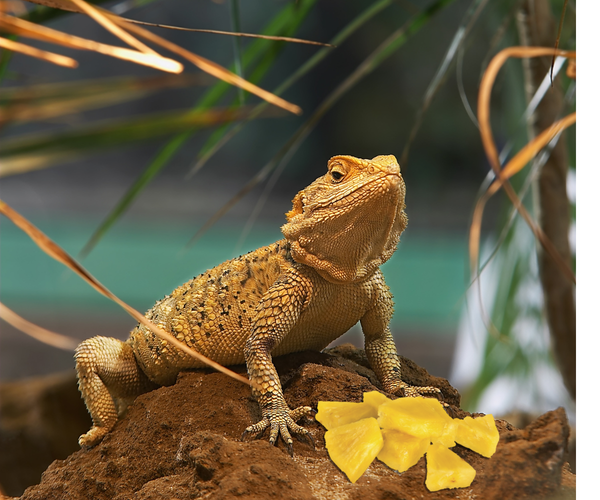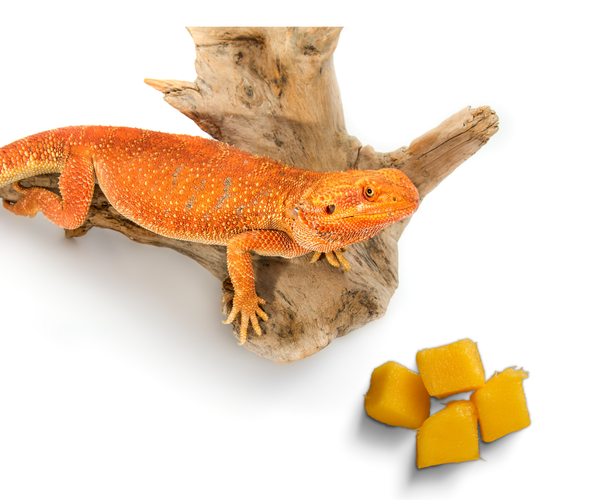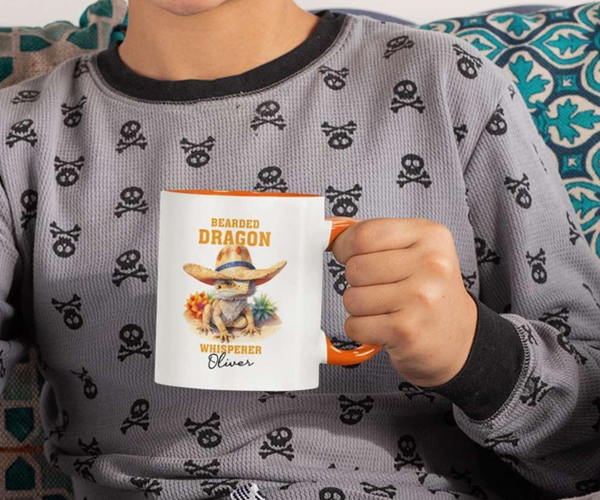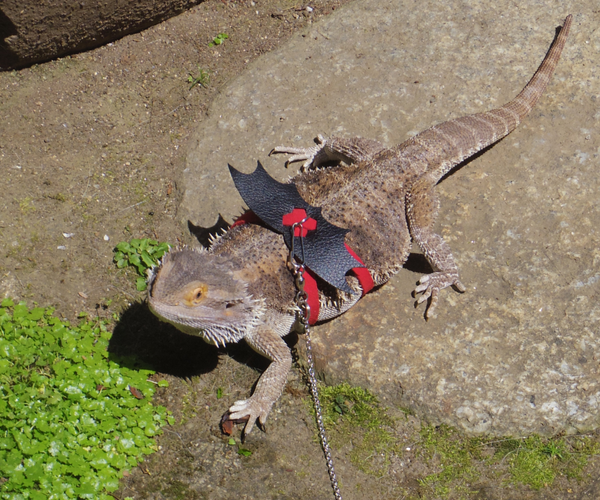Can Bearded Dragons Eat Cherries?
It's important to understand that while fruits can be a part of their diet, they should only be given as treats due to their high sugar content.
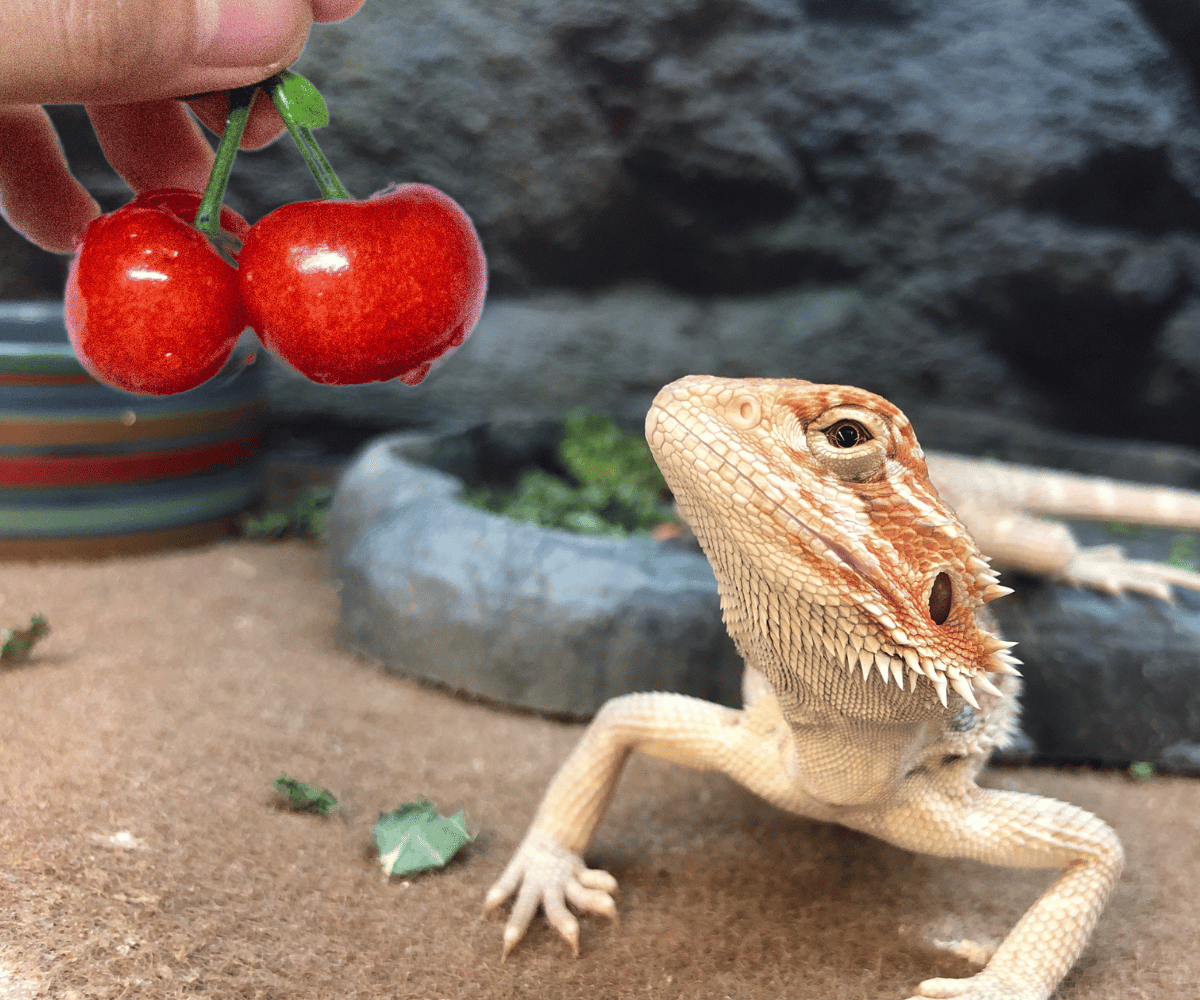
Bearded dragons are popular pets known for their docile nature and unique appearance. As omnivores, they require a varied diet to stay healthy, but not all foods are safe for them. One common question among bearded dragon owners is whether their scaly friends can safely enjoy cherries. This article delves into the suitability of cherries in a bearded dragon's diet.
Key Takeaways:
- Bearded dragons can eat cherries in moderation due to their high sugar content and potential for choking hazards.
- It's essential to properly prepare cherries before feeding them to bearded dragons to avoid health issues.
- Regular monitoring of a bearded dragon's diet and health is crucial when introducing new foods like cherries.
Understanding a Bearded Dragon's Diet
Bearded dragons are omnivorous creatures that thrive on a diet consisting of both plant-based and animal-based foods. In the wild, their diet includes a variety of insects, greens, fruits, and occasionally small rodents. For captive bearded dragons, a balanced diet is crucial for maintaining good health. It's important to understand that while fruits can be a part of their diet, they should only be given as treats due to their high sugar content.
The Nutritional Profile of Cherries
Cherries are a delicious and nutritious fruit enjoyed by many, but when it comes to bearded dragons, their high sugar content and small pits present potential issues. Cherries are rich in vitamins A and C, which are beneficial for the immune system, but they also contain oxalates and goitrogens, which can be harmful to bearded dragons if consumed in large quantities.
Preparing Cherries for Your Bearded Dragon
Before offering cherries to your bearded dragon, it's essential to remove the pits, as they can cause choking or intestinal blockages. Additionally, cherries should be cut into small, manageable pieces to prevent choking. Washing the cherries thoroughly is also crucial to remove any pesticides or chemicals that could harm your pet.
The Right Serving Size
Moderation is key when feeding cherries to bearded dragons. A good rule of thumb is to offer cherries as an occasional treat, not as a staple of their diet. One or two small pieces of cherry every couple of weeks is sufficient. Overfeeding cherries can lead to health issues such as obesity and digestive problems due to their high sugar content.
Potential Health Concerns
While cherries can be a tasty treat, they come with potential health risks for bearded dragons. The high sugar content can lead to obesity and dental problems, while the oxalates can interfere with calcium absorption, leading to metabolic bone disease. It's important to be aware of these risks and feed cherries in moderation.
Alternatives to Cherries
If you're concerned about the risks associated with feeding cherries to your bearded dragon, there are many other fruits that can be offered as treats. Options like blueberries, raspberries, and peeled apples are safer and can provide variety in your pet's diet. Always research and consult with a veterinarian before introducing new foods to your bearded dragon's diet.
Monitoring Your Bearded Dragon's Health
After introducing cherries or any new food to your bearded dragon's diet, it's important to monitor their health and behavior closely. Look for signs of digestive distress or changes in appetite, and consult with a veterinarian if you notice any concerning symptoms. Regular health check-ups can help ensure your bearded dragon stays healthy and happy.
The Role of Variety in a Bearded Dragon's Diet
Variety is crucial in a bearded dragon's diet to ensure they receive all the necessary nutrients. While cherries can be a part of this variety, they should not overshadow other essential foods like leafy greens, vegetables, and insects. A well-rounded diet will support your bearded dragon's overall health and well-being.
How to Introduce Cherries to Your Bearded Dragon
When introducing cherries to your bearded dragon, start with a small piece to see how they react. If they enjoy it and show no adverse effects, you can offer cherries as an occasional treat. Always observe your pet after feeding new foods to ensure they are digesting them properly.
Creating a Balanced Diet Plan
A balanced diet plan for your bearded dragon should include a mix of greens, vegetables, insects, and occasional fruits like cherries. Consult with a veterinarian or a reptile nutritionist to create a diet plan that meets your bearded dragon's specific needs. Remember, the key to a healthy bearded dragon is a diverse and balanced diet.
Summary
Cherries can be a sweet treat for bearded dragons when offered in moderation and prepared correctly. Due to their high sugar content and potential health risks, cherries should only be a small part of a varied and balanced diet. Always consult with a veterinarian before making any significant changes to your bearded dragon's diet, and monitor their health closely when introducing new foods.
FAQ Section
Q: How often can I feed my bearded dragon cherries? A: Cherries should be fed sparingly, no more than once every couple of weeks, and only in small quantities as a treat.
Q: Do I need to remove the pits from cherries before feeding them to my bearded dragon? A: Yes, always remove the pits from cherries to prevent choking and intestinal blockages.
Q: Are there any fruits that are safer for bearded dragons than cherries? A: Safer fruit options for bearded dragons include blueberries, raspberries, and peeled apples, which can be offered in moderation as part of a varied diet.
